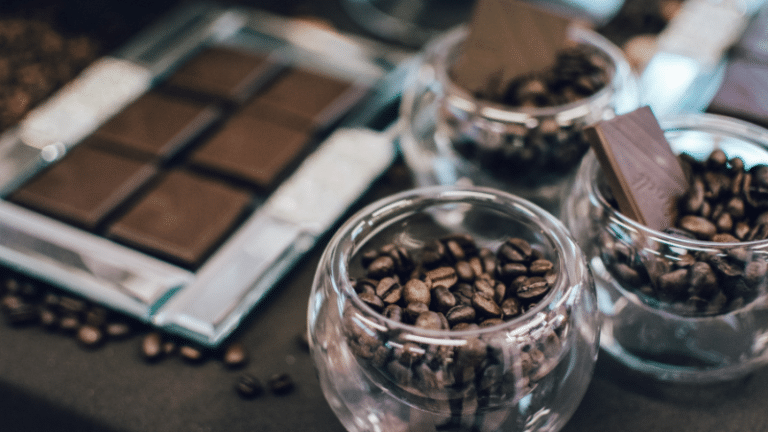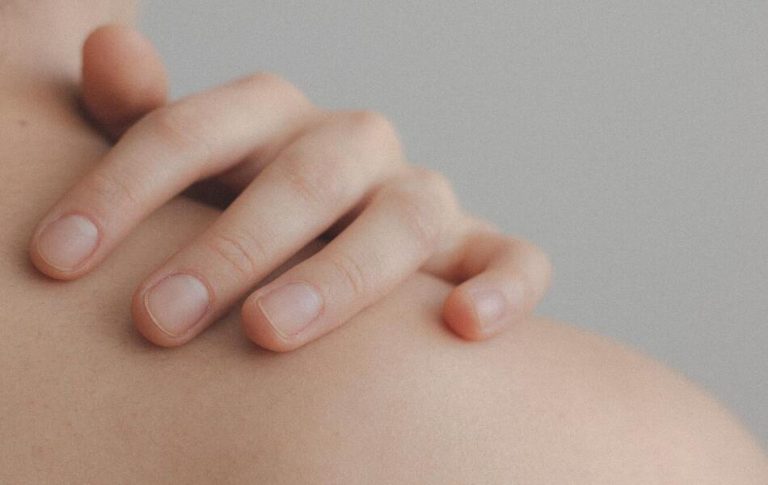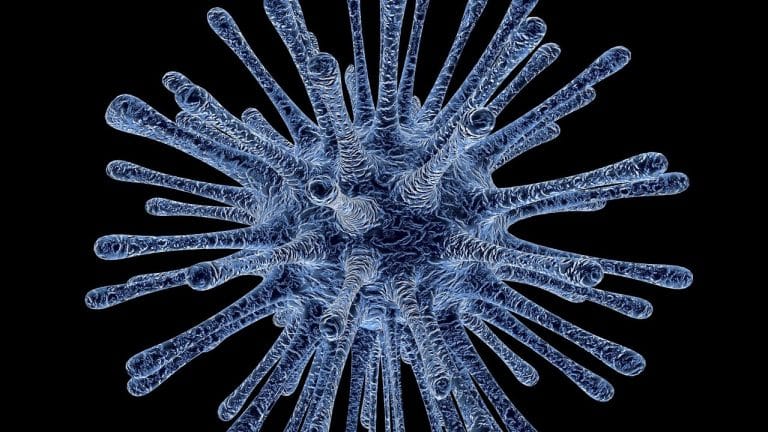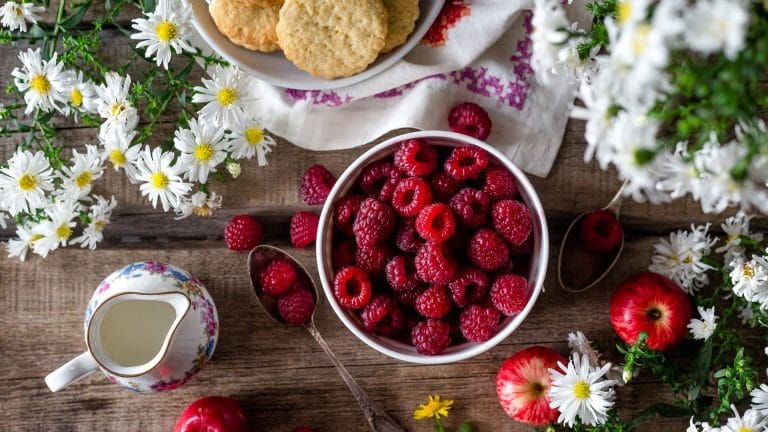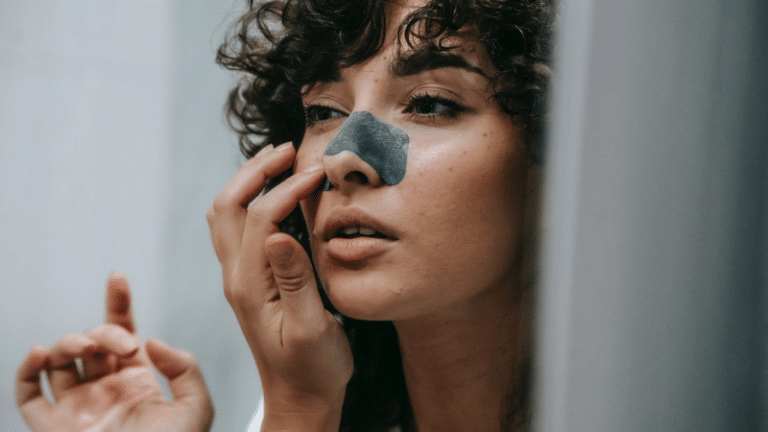23 Vitamin B7 Foods for a Balanced Diet in 2024
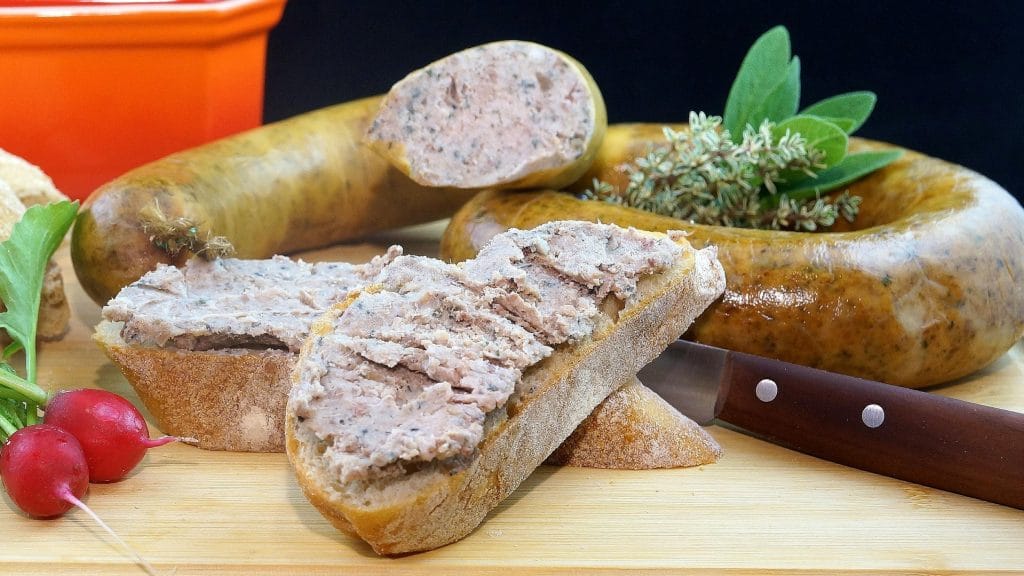
Vitamin B7, also known as biotin, is one of eight B-complex vitamins responsible for creating energy in the body. Since our body cannot synthesize this vitamin and store it, it is necessary to include vitamin B7 foods in our daily diet.
Here you will find out why this vitamin is crucial for your health and which foods are rich in biotin.
What Is Vitamin B7?
Biotin, or vitamin B7, is also known as coenzyme R, vitamin B8, and vitamin H. It is a coenzyme that has a vital role in the metabolism of glucose, fatty acids, and amino acids. Coenzymes are compounds that help enzymes trigger or speed up biological reactions. Therefore, many systems in our body depend on this vitamin.
Vitamin B7 Benefits
Vitamin B7 is involved in energy metabolism. Like other vitamins from the B-complex family, it helps the body convert food to usable energy.
As for biotin and pregnancy, it’s essential to know that this vitamin takes part in fetal development. That is why pregnant women need to keep their biotin levels in check to promote the baby’s health. Overall, biotin is safe during pregnancy. However, high doses of this vitamin can be dangerous for the baby.
Biotin vitamin benefits our nails, skin, and hair as it keeps them strong and healthy. That’s why it is sometimes called vitamin H, where H stands for “Haar” and “Haut,” German words for hair and skin.
Although there is not enough evidence, biotin may contribute to the treatment of people with diabetes. According to some studies, it helps the body use glucose more efficiently, too. This study also showed that biotin could increase insulin secretion.
Biotin Foods
Various foods are good sources of this vitamin. For example, meat, fish, eggs, seeds, and nuts are foods high in biotin.
Note that food processing can reduce the content of this vitamin. For example, avidin, a protein found in raw egg whites, binds to biotin and prevents the body from absorbing it. However, avidin loses this ability when cooked, making the vitamin’s absorption in the gastrointestinal tract possible.
Beef Liver
We start this vitamin B7 foods list with beef liver — one of the richest sources of this vitamin. As little as three ounces of beef liver provide 30.8 mcg of biotin. Not only is this type of meat the best source of biotin, but it is also an excellent source of vitamin B5. Other nutrients it contains are riboflavin, iron, copper, selenium, niacin, and vitamin B12.
Pork
Other types of meat are also excellent sources of biotin. Notably, a three-ounce serving of cooked pork chop contains 3.8 mcg of vitamin B7. Besides being one of the biotin food sources, pork is exceptionally high in thiamine, and it is an excellent source of other B vitamins. What’s more, loin cuts are lower in fat, so they are a healthier option than spareribs and bacon.
Hamburger Patty
Three ounces of cooked hamburger patty provide the same amount of biotin as a pork chop — 3.8 mcg. The hamburger patty is undoubtedly one of the excellent vitamin B7 sources, and you can add it to your diet. It is also rich in protein.
Pink Salmon
Pink salmon is a valuable addition to vitamin B7 foods. In fact, in three ounces of pink salmon (canned in water), you get 5 mcg of vitamin B7. Besides being a food rich in biotin, pink salmon is rich in omega-3 fatty acids, which improve brain function and neurological health. It is an excellent source of selenium and phosphorus, too.
Tuna
Tuna rightfully belongs to vitamin B7 rich foods, as three ounces of canned-in-water tuna contain 0.6 mcg of this nutrient. In addition, this type of fish is packed with niacin and vitamin B12. If you include it in your diet, you will also get a fair amount of selenium and phosphorus.
Mushrooms
Foods with biotin include mushrooms, too. As a matter of fact, a cup of chopped, fresh button mushrooms serves 5.6 mcg of vitamin B7. Certain mushrooms are an excellent source of zinc, vital for the immune system. Mushrooms are also rich in vitamin D, and they may lower blood pressure and help with weight loss.
Eggs
Does this food contain biotin? Egg yolks do. By eating one whole cooked egg, you will get 10 mcg of vitamin B7. On top of being among the foods highest in biotin, eggs provide us with almost all the nutrients we need. They are especially rich in vitamin A, riboflavin, and vitamin B12. In addition, they are an excellent source of selenium.
Milk
You can also find biotin in milk. One cup of 2%-milk contains 0.3 mcg of this vitamin. Besides, milk is excellent for our bones and teeth, thanks to the nutrients it provides. It is also a rich source of vitamin D, protein, calcium, phosphorus, and potassium.
Yogurt
Biotin sources include many people’s favorite — yogurt. In fact, a cup of plain yogurt provides 1% of the biotin’s DV. Furthermore, it is rich in nutrients, like proteins, calcium, B complex vitamins, magnesium, potassium, and phosphorus. It enhances metabolism and grants a feeling of satiety.
Cheddar Cheese
Cheese is yet another valuable addition to biotin foods, with each type containing varying amounts of biotin. One ounce of cheddar cheese, in particular, has 0.4 mcg of vitamin B7. Besides making it to the biotin-rich foods list, cheese is acknowledged for its high protein, calcium, and phosphorus content. It also contains riboflavin and vitamin A and in a greater quantity, among other vitamins.
Sunflower Seeds
To our delight, there is a wide range of biotin-rich foods vegans can include in their eating plan. For instance, sunflower seeds are a great source of vitamin B7. A quarter-cup of roasted sunflower seeds provides 2.6 mcg of this vitamin.
Oatmeal
Oatmeal is a healthy addition to your diet as an excellent biotin vitamin food. For instance, one cup of oatmeal provides you with 0.2 mcg of vitamin B7. It is also rich in other vitamins, such as thiamine and riboflavin. In addition, it’s packed with healthy dietary fibers and numerous minerals, including manganese, selenium, phosphorus, and iron.
Sweet Potatoes
When looking for vitamin B7 food, you shouldn’t skip sweet potatoes. Half a cup of cooked sweet potatoes provides 8% of vitamin B7’s DV. Moreover, this veggie is a fantastic source of vitamin A and an excellent source of vitamin E, pantothenic acid, and vitamin B6. It also provides numerous minerals, including manganese and potassium.
Broccoli
Broccoli is a good option of biotin-rich foods vegetarians could include in their diet. Namely, half a cup of fresh broccoli contains 0.4 mcg of vitamin B7, landing the veggie a place among sought-after biotin vegetables. Besides, broccoli is a food rich in vitamin C, vitamin K, potassium, and manganese. Thanks to its nutrients, it contributes to heart health and keeps our digestive system healthy.
Carrots
Foods rich in biotin include yet another nutritious veggie — a carrot. As little as one ounce of canned carrots offers 0.18 mcg of vitamin B7. Moreover, this vegetable will provide you with a bunch of other vitamins and minerals. Besides being biotin foods, carrots are also packed with vitamin A. In addition, the veggie is an excellent source of vitamin K, vitamin B6, and manganese.
Spinach
A biotin food chart cannot be complete without spinach. From half a cup of boiled spinach, you get 0.5 mcg of vitamin B7. Furthermore, this dark green, leafy vegetable belongs to vitamin B9 foods, so it’s a good idea to add it to your diet, especially if you are pregnant. Spinach is an excellent source of numerous minerals as well. Namely, it contains magnesium, manganese, and iron, among others.
Cauliflower
Cauliflower is one of the healthiest vitamin B7 food sources. For example, about a cup of raw cauliflower provides 4 mcg of biotin. In addition, it is an excellent source of vitamin C, dietary fiber, and vitamin K. Cauliflower can also help with weight loss.
Peanuts
According to a biotin-rich foods chart, you should add peanuts to your diet, too. For instance, one ounce of roasted peanuts provides almost 5 mcg of vitamin B7. Not only are peanuts vitamin B7 foods, but they are also rich in other B vitamins, including niacin and folate. Furthermore, they are a rich source of vitamin E and various minerals, such as magnesium, iron, and copper.
Almonds
Almonds belong to foods high in vitamin B7, too. In fact, a quarter-cup of roasted almonds has 1.5 mcg of biotin. What’s more, these nuts have a high vitamin E content, and they are a rich source of riboflavin. As for the minerals, almonds are loaded with manganese, magnesium, copper, and phosphorus.
Walnuts
What foods is vitamin B7 found in? Of course, one cannot answer the question without mentioning walnuts. In about one ounce of fresh walnuts, you will get 0.78 mcg of vitamin B7. These nuts are highly nutritious as they contain numerous vitamins and minerals. Following that, walnuts are a good source of thiamine, folate, manganese, copper, and magnesium.
Bananas
Fruit enthusiasts will be delighted to learn that their favorites made it to the foods with vitamin B7, too. For instance, a small banana contains 0.2 mcg of biotin. Besides, bananas are a food rich in vitamin B6, manganese, fiber, copper, potassium, magnesium, and vitamin C. They may also improve digestive health.
Avocados
When listing biotin fruits, we simply cannot skip avocados. In fact, a medium avocado contains at least 1.85 mcg of vitamin B7. They are also high in vitamin K, folate, vitamin C, potassium, copper, and dietary fiber. In addition, avocados protect against heart diseases and lower blood pressure.
Yeast
Where do I get vitamin B7? That is the question one might answer with yeast. Two tablespoons of nutritional yeast contain up to 69% of biotin’s DV. Moreover, according to studies, nutritional yeast might boost the immune system, protect against oxidative damage, and lower cholesterol.
Recommended Daily Intake
You can find the recommended daily intakes for all the nutrients, including vitamin B7 — biotin — in the Dietary Reference Intakes devised by the Food and Nutrition Board (FNB). Since the FNB didn’t have enough data to define more precise values for biotin, it provided Adequate Intakes (AI) for this vitamin.
Whether you take biotin tablets or you get vitamin B7 only through your diet, here are the AIs for biotin:
- from birth to 6 months — 5 mcg
- from 7 to 12 months — 6 mcg
- from 1 to 3 years — 8 mcg
- from 4 to 8 years — 12 mcg
- from 9 to 13 years — 20 mcg
- from 14 to 18 years — 25 mcg
- 19+ years — 30 mcg
As you can see, the AIs for vitamin B7 differ depending on age. Also, women should increase their daily intake of biotin during pregnancy to 30 mcg. And during lactation, they need 35 mcg of biotin per day.
Vitamin B7 Deficiency
This vitamin deficiency is uncommon as a healthy eating plan tends to suffice in most cases.
That said, some of the biotin deficiency symptoms are:
- hair loss
- brittle nails
- scaly, red rash around the eyes, nose, and mouth
- dry eyes
- conjunctivitis
Other symptoms are related to neurological problems, and they include depression, lethargy, and hallucinations.
As for the vitamin B7 deficiency diseases, we should mention alopecia and developmental delay in children.
Thankfully, we can treat biotin deficiency with supplementation or more vitamin-packed foods in the diet. However, to get adequate treatment, it is imperative to find the cause of low vitamin levels.
Who Should Take Biotin Supplements?
Supplements are often recommended to people who are more likely to have low levels of this vitamin.
Usually, people with biotinidase deficiency are also deficient in biotin — vitamin B7 — since this hereditary disorder prevents the body from processing biotin. If this serious medical condition is not treated, it can cause many complications, including:
- breathing problems
- vision or hearing loss
- weak muscle tone
- coma or even death
Alcoholics are another group at risk of developing vitamin B7 deficiency symptoms, as alcohol reduces the absorption of vitamin B7.
Also, pregnant and breastfeeding women often have lower concentrations of biotin. Following that, many women are advised to increase their vitamin intake as biotin is crucial for normal fetal development.
Side Effects of Taking Biotin
The FNB didn’t define tolerable upper intake levels for biotin as it hasn’t been found that high doses of biotin have side effects. However, high intakes of biotin may interfere with laboratory tests, which can consequently produce false results. For example, high doses of supplemental biotin affect some tests that measure hormone levels and a test used for diagnosing a heart attack.
Conclusion
Biotin plays a crucial role in the body. Along with other B vitamins, it is responsible for energy production. Another essential vitamin B7 function is promoting normal fetal development.
All things considered, our diet has to be rich in this nutrient. Fortunately, there are many biotin-rich foods, making it easy to cover the recommended daily intake.
Please note that even though high doses of vitamin B7 supplements are not toxic, they can interfere with some laboratory tests. That’s why you should exercise caution. As always, we advise consulting a healthcare provider before taking any dietary supplements.
FAQs
What is vitamin B7 used for?
Vitamin B7 is vital for our health as it takes part in the metabolism of fats, proteins, and carbohydrates. Many people take biotin for hair, skin, hair, and nails to keep them strong and healthy. It’s essential during pregnancy because it plays a critical role in fetal development. According to some research, other B7 vitamin benefits include lowering glucose levels and promoting insulin production. Therefore, it can be beneficial to people with diabetes.
Is biotin vitamin H or B7?
Biotin, vitamin H, and vitamin B7 represent the same substance. These terms are often used interchangeably. Biotin, another vitamin B7 name, is used because when Kögl and Tönnis isolated it from egg yolk, they called it bios. On the other hand, since vitamin B7 is good for hair and skin, it is also called vitamin H, where H stands for “Haar” and “Haut,” meaning hair and skin in German.
Does biotin really help hair grow faster?
There isn’t much evidence that taking biotin can make hair grow quicker. However, according to a study conducted in 2012, supplements containing vitamin B7 may promote hair growth.
A 2015 study revealed the same findings. Women participating in the experiment were taking supplements with biotin, and it was noticed that this supplement had reduced hair loss and helped with hair growth.
How can I increase my vitamin B7?
Vitamin B7 can be found in various foods, so a balanced diet is usually enough to cover your needs for this nutrient. However, if you need to increase your biotin intake, you can turn to a supplemental form of vitamin B7. There are many biotin products, ranging from powders to capsules and liquid extracts. As always, please consult with a doctor before taking any supplements.
What happens if you have too much vitamin B7?
High doses of biotin aren’t toxic, but they can interfere with lab tests, such as hormone tests and tests used to diagnose a heart attack. Following that, high doses of biotin might lead to a misdiagnosis. That said, please note that it is rare.
Are bananas high in biotin?
Bananas are some of the most popular fruits globally, loaded with fiber, carbs, potassium, copper, and micronutrients. A small banana covers around 1% of biotin’s DV.
What food is high in biotin?
To our delight, many foods contain at least a small amount of biotin. Meat, fish, and some dairy products are particularly rich in this vitamin. Other vitamin B7 foods include sweet potatoes, spinach, broccoli, various nuts, bananas, etc.


